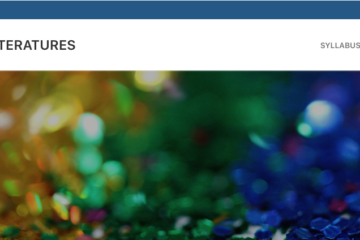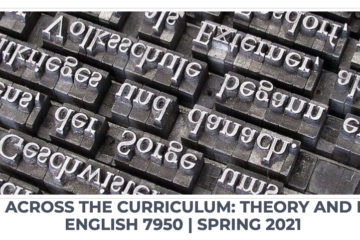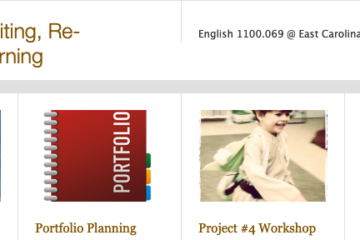English 7601 (Research Design in Rhetoric and Composition) and 8601 (Advanced Research Design) combine master’s and doctoral level students in order to facilitate a richer, more engaged discussion of best practices in methods and methodologies for the researcher in Composition and Rhetoric.
Scholars in Rhet-Comp continually point to the multi-disciplinarity/transdisciplinarity of our work as they wrestle with how, exactly, researchers conduct, process, and represent their investigations. Since the early 1980s, as Composition and Rhetoric developed into its own unique discipline within English Studies, researchers and scholars have attempted to define the work “we” do.
Much of Rhet-Comp involves social science methodologies (e.g., ethnography, the case study, participant-observation) with the added twist that so much of our early scholarship especially focused on classrooms as research sites. While Rhet-Comp scholars have branched out considerably from only conducting classroom research, the problems that the classroom posed as a research site encouraged the development of some important theoretical and practical texts involving the methods and methodologies that Rhet-Comp researchers engaged in.
This course invites graduate students into the complex and contentious “conversations” about research that have been central to Rhet-Comp for at least the last 25 years.



0 Comments